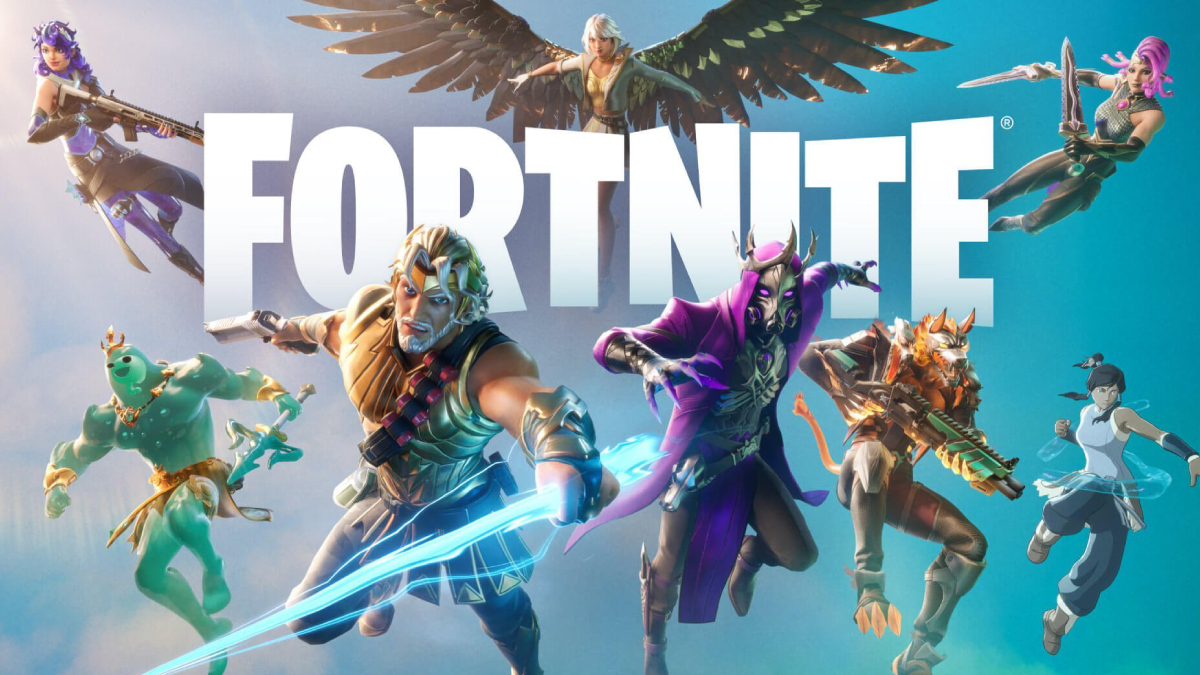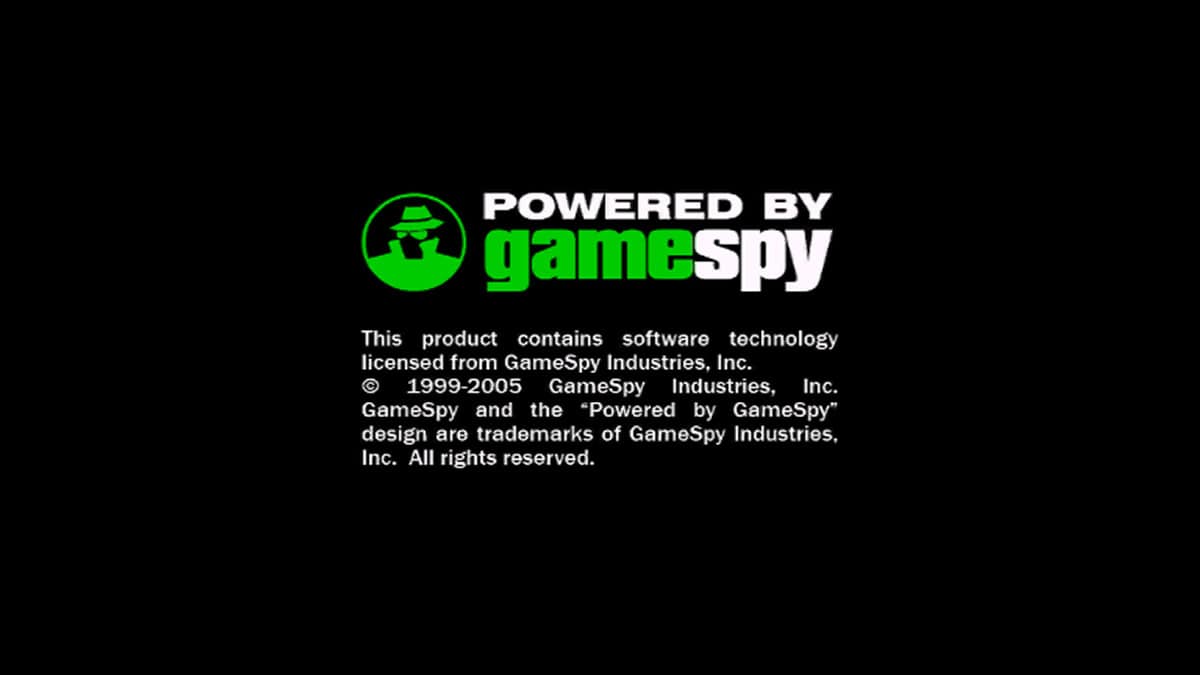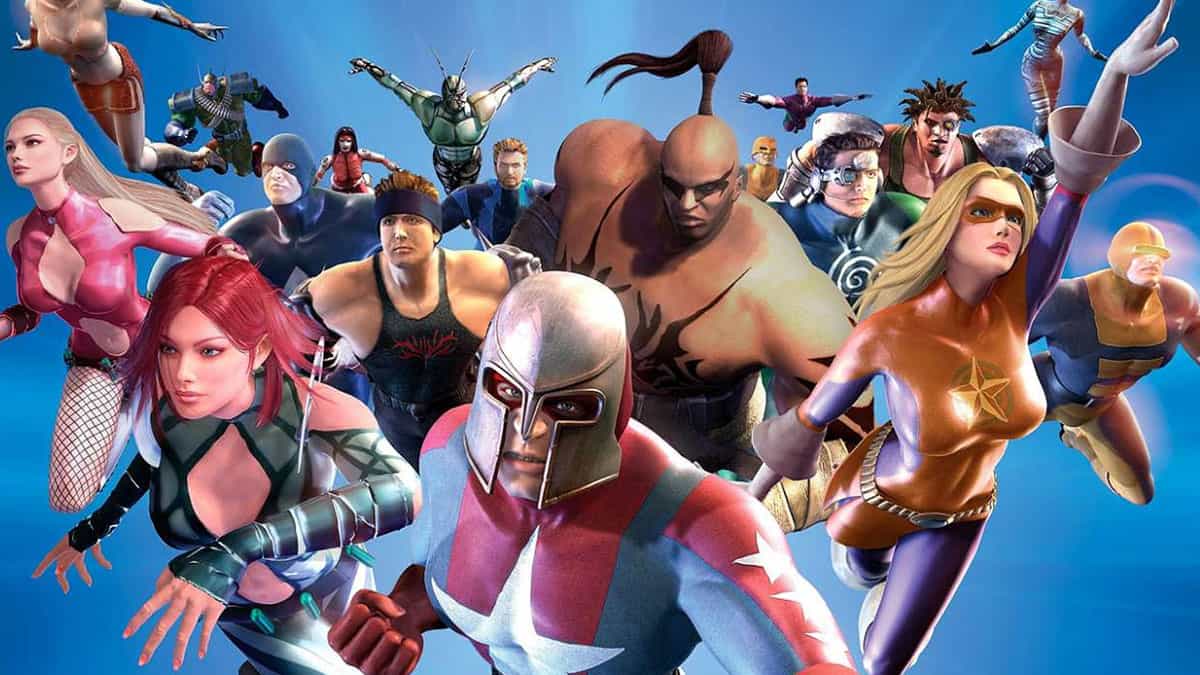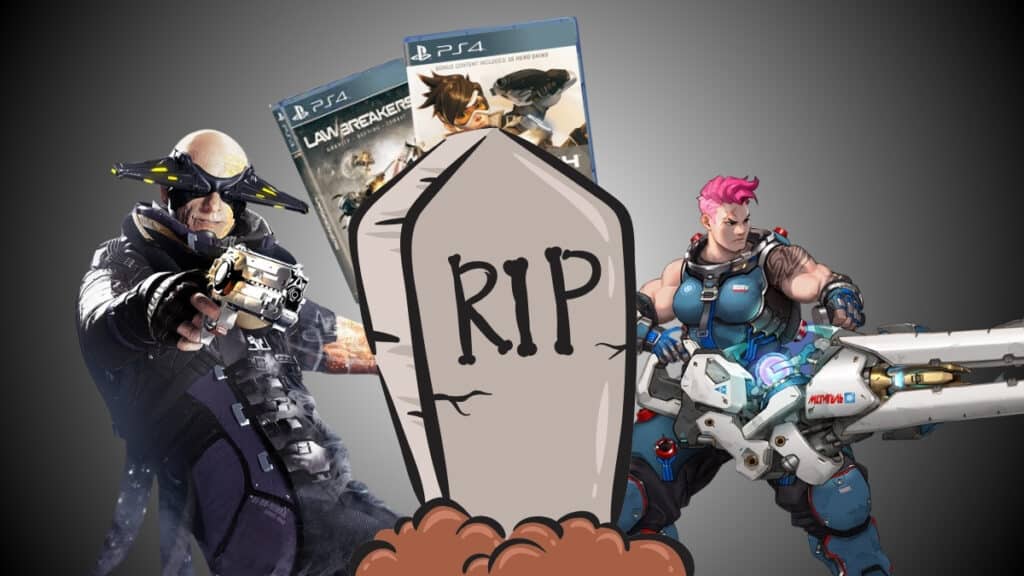Skip To...
With the rise of online-only multiplayer games, “live service” has become part of gamers’ vocabulary since 2015, at least according to Google Trends. In the world of modern gaming, these products’ lifelines often rely on servers controlled by publishers to function. However, once publishers decide to shut them down, the plug is pulled, and the game is rendered inoperable for all paying players. This deliberate act not only ends the game’s life but also prevents players from ever repairing or accessing it again. As more than 500 game studios are now involved in developing or maintaining live service games, game preservation has become a new virtual battleground. Against this backdrop, one YouTuber is leading the charge to save online games from being “destroyed” through the Stop Killing Games campaign. This initiative offers players ways to join the fight and ensure the longevity of their favorite games.
Why We, as Gamers and Consumers, Should Care About Online Games Being Destroyed

Before we get to the meat of the issue, we must make a clear distinction between two categories: live service and online-only games.
Live service games are games that get consistent content updates during their lifetime or a period of time. For example, Monster Hunter: World can be described as a live service game but not an online-only game. The game was constantly updated throughout its 2018 launch until the last Title Update in late 2020. Sure, you may end up missing some FOMO events, but you can still hunt Rathaloses if a typhoon disturbs your home’s internet access.
Meanwhile, online-only games need a constant internet connection to run. This ranges from AAA releases like Destiny and The Division to smaller titles such as PUBG, Nightingale, and Palia. Of course, classic massively multiplayer games like World of Warcraft and Final Fantasy XIV are classified as one as well.
As you can see, any games designed with online-only in mind are made to be ephemeral. Their lifespans are tied only to the whims of publishers and the profitability of servers. When an online game’s services are shut down, it’s not just destroying an entertainment product; it’s erasing an individual gamer’s history and even “cultural artifact.”
For consumers, there’s the immediate loss of access to games they’ve invested time and money in. It can be particularly stinging for those who’ve built communities around these virtual worlds and found their makers will remove it at a snap.
But there’s also a broader cultural loss; games can be art, after all. Thousands of artists have painstakingly crafted textures, models, music, and pieces of narrative, and weaved them into various unforgettable digital tales. Satan Morroc’s resurrection and the desert city’s destruction is a once-in-a-lifetime moment for many Ragnarok Online players. Each shutdown erases a piece of gaming history that future generations won’t ever experience.
Thus, the issue of game preservation is particularly pressing in the context of online-only or live-service games. But what can gamers, helpless consumers, do against this onslaught? Thankfully, a YouTuber is currently running a worldwide campaign in an attempt to combat this trend.
Stopkillinggames.com: What Gamers Can Do To Help and Fight Back Against Destroying of Online Games
Scott Ross, the creative mind behind the Freeman’s Mind YouTube series, has emerged as a champion for this cause. Frustrated with publishers destroying his favorite online games, from EA’s Darkspore and Battleforge to Ubisoft’s The Crew, Ross eventually started the Stop Killing Games campaign. This initiative is not just a rallying cry for gamers but a significant movement that underscores the fragility of digital ownership in the modern era.
Piggybacking on the recent shutdown of The Crew, the Stop Killing Games campaign offers a blueprint for action. Taking advantage of strong consumer protection in France, Ubisoft’s headquarters, the movement hopes to leverage the voice of 40 million owners of the game.
Ross is asking to sign a petition and for anyone who has proof of purchase of The Crew to send a formal complaint to specific channels. Especially those who live in the United Kingdom, Canada, and Australia, which he assumes has stronger consumer protection laws.
Signing petitions and lobbying for legal protections is going to be a huge work for any individual. For that reason, Stopkillinggames.com has streamlined most of the process. It lists every single step and channel and separates them according to country of residence and perceived effectiveness. For example, gamers in the EU can open the site and follow the steps to contact the DGCCRF and/or sign the European Citizens’ Initiative.
For more details, Ross explains his effort thoroughly in the 31-minute video above. But if you feel like you don’t have enough time or think the video is too long, don’t worry. He has made a condensed 50-second Short video available below as well.
The campaign, detailed on stopkillinggames.com, is a response to a growing trend in the industry: the shutdown of game services. As more titles rely on online servers and live service models, the end of support doesn’t just mean the cessation of updates or new content; it signifies the potential death of the game itself. This practice raises critical questions about consumer rights and the longevity of digital purchases. It also encourages gamers to unite and use their collective voice to demand change.
Can Stop Killing Games Work and Push Developers to Provide Alternatives to Server Shutdowns? Short Answer: Yes

Some of you who are reading this might feel skeptical about the Stop Killing Games initiative. I won’t blame you, considering while this issue only recently became increasingly widespread, this is not a new phenomenon. One of the most significant shutdowns in video game history was the GameSpy closure in 2014. Its departure affected the online capabilities of fan favorites like the Battlefield, Crysis, and Command & Conquer series. Nintendo also just terminated the 3DS and WiiU’s online services early this April.
For many, these games were not just entertainment; they were a part of many gamers’ lives, a source of nostalgia, and a topic of many spirited discussions. Any of the shared experiences that came with it are now a thing of the past.
Nevertheless, despite their online functionality being destroyed, almost all older multiplayer PC games released before the 2010s can still thrive. They often include LAN and/or direct IP connection support, taking off part of the server burden from the start. Unfortunately, we can barely say the same for many recent releases.
While nowhere near as popular as DOTA 2 or League of Legends, Heroes of Newerth MOBA can no longer be played starting in 2022. Many battle royale titles, from Ubisoft’s Hyper Scape to Square Enix’s Final Fantasy VII: The First Soldier, failed to gain traction and had to close doors. Japan’s take on Overwatch, Gundam Evolution, has not been accessible since November last year.

Yet interestingly, many games across the console and mobile platforms throughout the Western and Eastern game industries refuse to follow the same trend. Many developers have, in fact, made their online-only games able to be played once the service was shut for good, among others:
- Knockout City getting official private server support.
- NCSoft giving a green light for a community-run City of Heroes server.
- Capcom making an offline mode for the Mega Man X DiVE mobile and PC game.
- Private Magical Academy Grimoire mobile game released three variants of the Historie App, letting players rewatch in-game scenes.
- Destiny Child mobile game releasing Memorial Update, letting players rewatch scenes after the server shutdown.
This illustrates that alternative methods to preserve games, even for modern titles, do exist. Keeping them alive one way or the other shouldn’t have to be a big deal in the first place. But for whatever reason, the majority of publishers seem to prefer dumping all the developers’ hard work and the community’s achievements down the drain instead.
Ross’s campaign exemplifies the impact of community advocacy in the digital age, showing that gamers have a role in shaping the industry. The Stop Killing Games initiative isn’t just about servers; it’s about preserving gaming’s integrity for future generations. As we navigate this ever-changing virtual landscape, let’s remember that games are experiences and stories that deserve kept alive. Through combined efforts of the gaming community’s passion, we can ensure that the games we love today will be enjoyed tomorrow.










